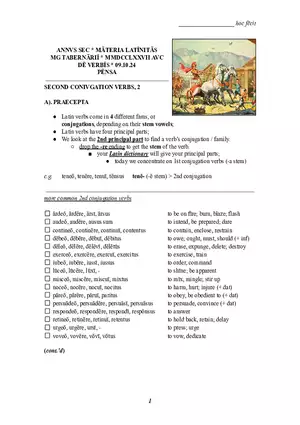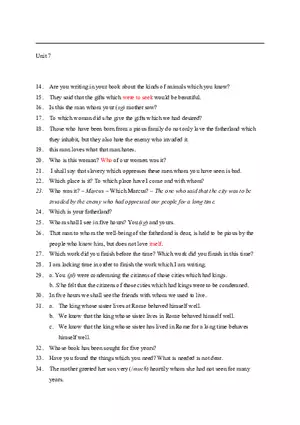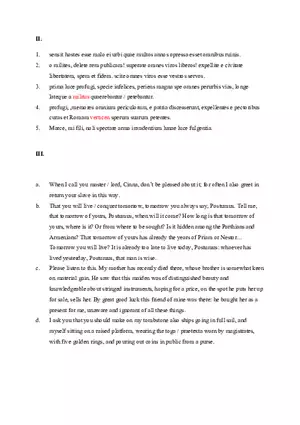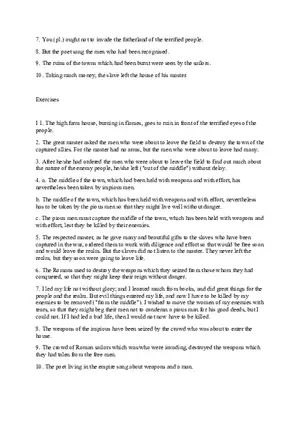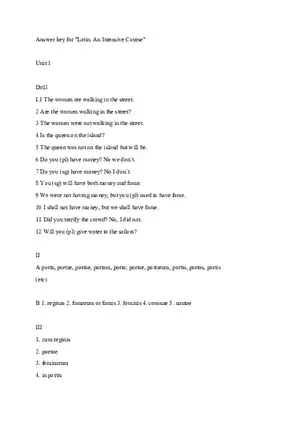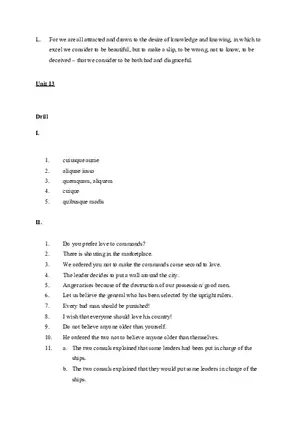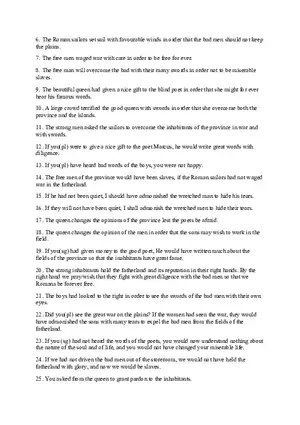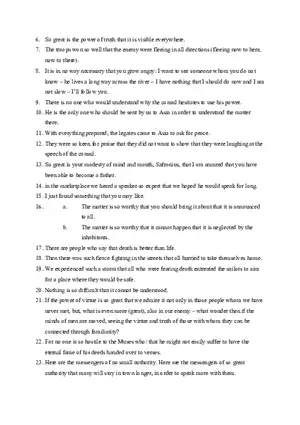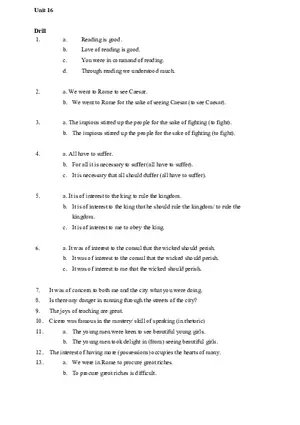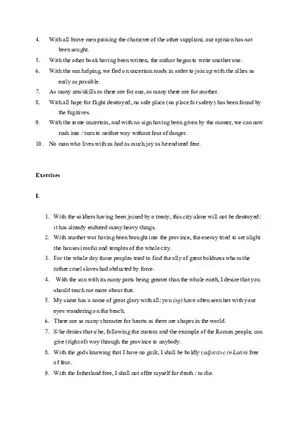Lecture Note
Summary of Purpose Constructions
-
University:
California State University, Northridge -
Course:
CLAS 101L | Elementary Latin I Academic year:
2009
-
Views:
387
Pages:
3
Author:
do3ran7ut
Report
Tell us what’s wrong with it:
Thanks, got it!
We will moderate it soon!
Report
Tell us what’s wrong with it:
Free up your schedule!
Our EduBirdie Experts Are Here for You 24/7! Just fill out a form and let us know how we can assist you.
Take 5 seconds to unlock
Enter your email below and get instant access to your document




